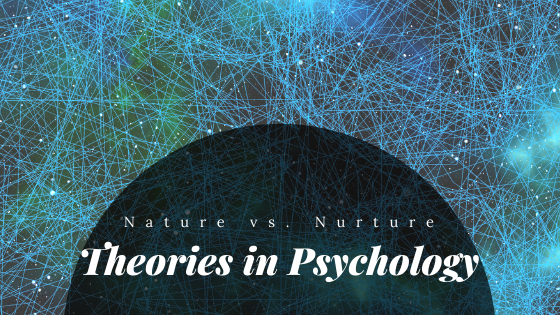The nature versus nurture debate has been around for centuries. There are many schools of thought regarding which one has a greater influence on what makes us who we are.
When psychologists talk about the nature side, they are referring to the genetics we are born with. It says the way we are biologically, with traits we have no control over. Inherited factors are also included here, having been passed down genetically from prior generations. It applied to not only the physical attributes that we can see but also the way we are inherently wired, including characteristics of our personalities.
Nurture, on the other hand, refers to external influences that we come into contact with throughout our lives. This includes social and cultural situations, as well as our surrounding environment.
Hippocrates began the debates around 400 B.C. by saying all human behavior is determined by four body fluid types. In stark contrast, two philosophers, Jean-Jacques Rousseau and John Locke, formally declared many centuries later that we are all born as blank slates. They referred to it as a tabula rasa. According to them, all of our individual personalities came about 100% because of our environments and what we were exposed to.
Throughout the years, as modern-day psychology evolved, debates continued to rage on about which deck played a stronger hand in the game of life. There are even sub-theories that have presented over the years by experts in the field who firmly believe that the entire concept of a person’s soul is fully formed once a person reaches adulthood. Then there are those who say the environment can still shape a person, no matter what age.
Nowadays, even the most stubborn genetic zealots will mostly agree that both biological and environmental factors have a pivotal role to play with regard to forming our intelligence, perception, social interaction, behavior, and temperament. It is generally agreed upon that, while we may be born with a specific predisposition towards a certain thought process or behavior, the environment plays a huge factor in whether or not the behavior develops into a full-blown clinical issue.
But there will always be extremists who hold firm to their belief systems. Biological psychology, for example, relies heavily on the importance of genetics, while the dogma of behaviorism gives all value to the environmental factors when it comes to shaping who we are.


